

World Mental Health Day 2025
World Mental Health Day,10 October 2025
Mental health in humanitarian emergencies
World Mental Health Day serves as a powerful reminder that there is no health without mental health. This year’s campaign focuses on the urgent need to support the mental health and psychosocial needs of people affected by humanitarian emergencies.
Crises such as natural disasters, conflicts, and public health emergencies cause emotional distress, with one in five individuals experiencing a mental health condition. Supporting the mental well-being of individuals during such crises is not just important – it saves lives, gives people the strength to cope, the space to heal and to recover and rebuild not only as individuals but as communities. That’s why it is essential for everyone, including government officials, health and social care providers, school staff and community groups to come together. By working hand in hand, we can ensure the most vulnerable have access to the support they need while protecting the well-being of everyone.
By investing in evidence and community-based interventions, we can address immediate mental health needs, foster long-term recovery, and empower people and communities to rebuild their lives and thrive.
On this World Mental Health Day, let us intensify our efforts to create a world where mental health is valued, protected, and accessible for all, especially in the face of adversity.
Did you know?
Mental health and psychosocial support are essential
During crises, nearly everyone experiences distress and social disruption. Homes are lost, families are separated, and communities are fractured. While one in five people may have a mental health condition, nearly everyone affected experiences emotional distress and disrupted community ties. These impacts often remain long after physical safety is restored, undermining recovery and resilience. People with significant mental health conditions must not be left without care and support. Continuity of care is a priority during and following any emergency.
Migrants and refugees face mental health risks across their journey
Migrants and refugees face multiple stressors throughout their journey – from conflict and displacement to dangerous journeys and integration challenges in host countries. By the end of 2024, over 123 million people were forcibly displaced worldwide. A staggering 71% of them are hosted in low- and middle-income countries, where health-care systems are already under strain. In these settings, access to mental health services is extremely limited.
Publications

Doing What Matters in Times of Stress
Doing What Matters in Times of Stress: An Illustrated Guide is a stress management guide for coping with adversity. The guide aims to equip people...
Problem management plus (PM+): individual psychological help for adults impaired by distress...
With this manual, the World Health Organization (WHO) is responding to requests from colleagues around the world who seek guidance on psychological interventions...
mhGAP Humanitarian Intervention Guide (mhGAP-HIG)
Adults and children affected by emergencies experience a substantial and diverse range of mental, substance use, and neurological problems. The mhGAP...
Psychological first aid: Guide for field workers
This guide covers psychological first aid which involves humane, supportive and practical help to fellow human beings suffering serious crisis events....

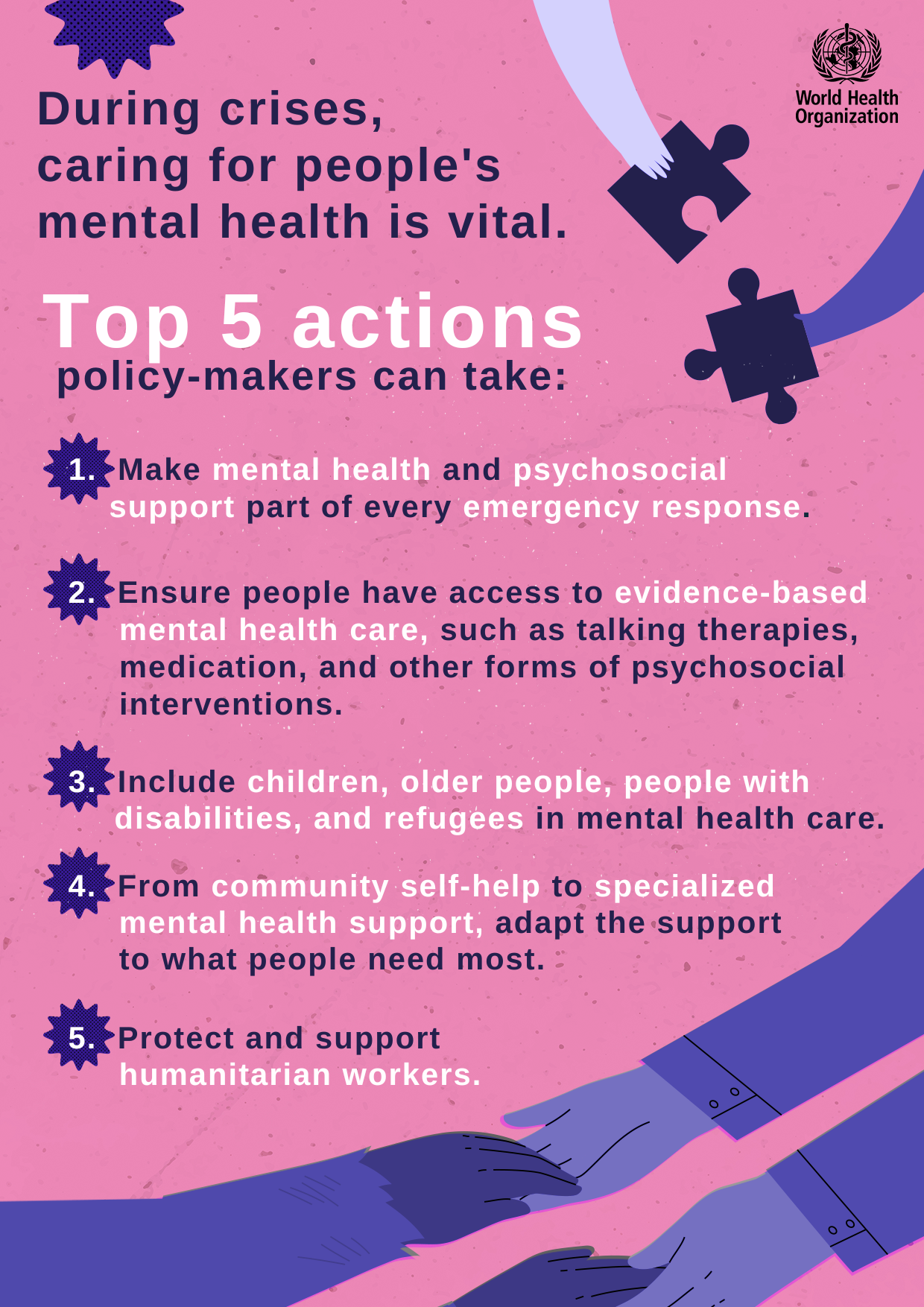
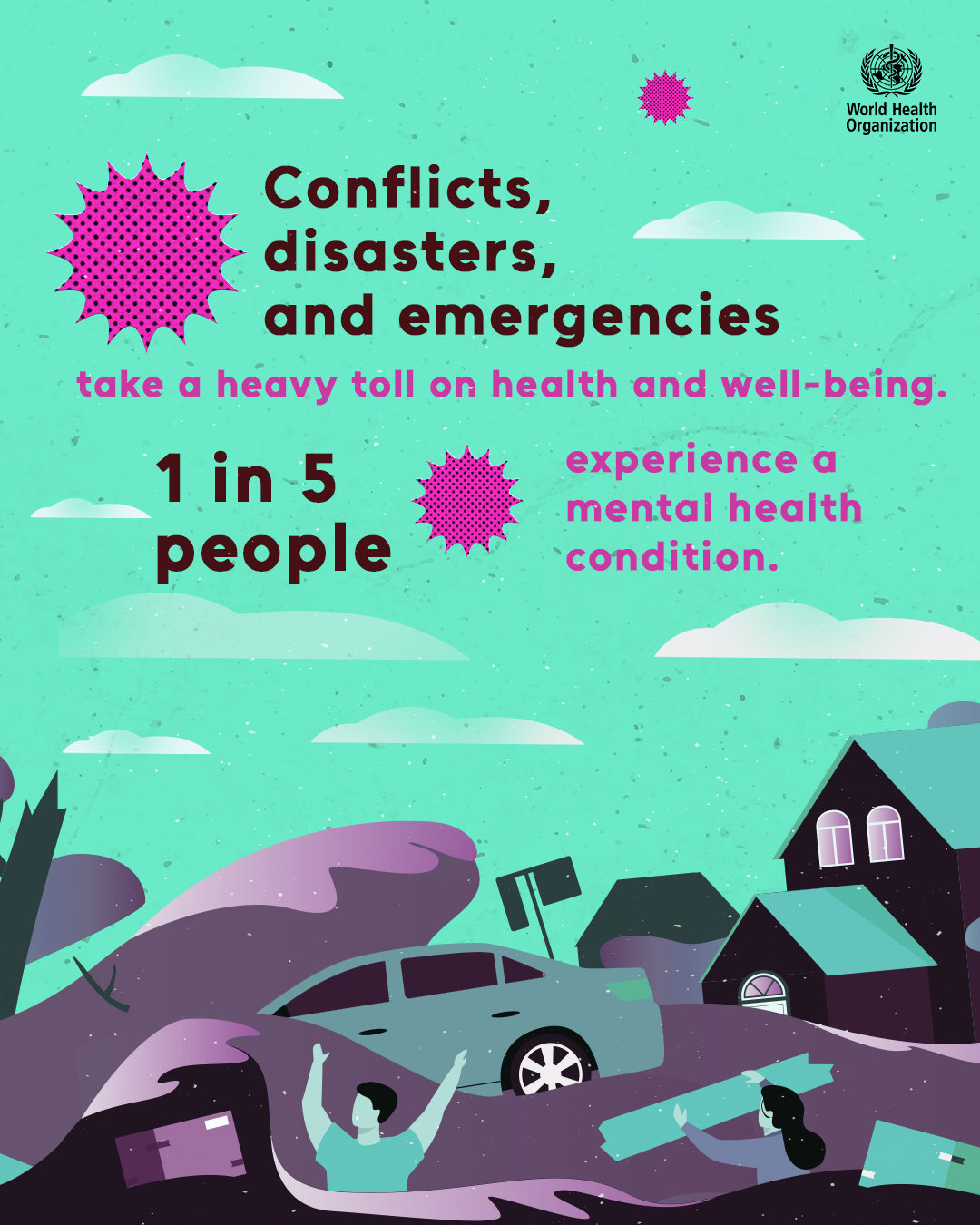
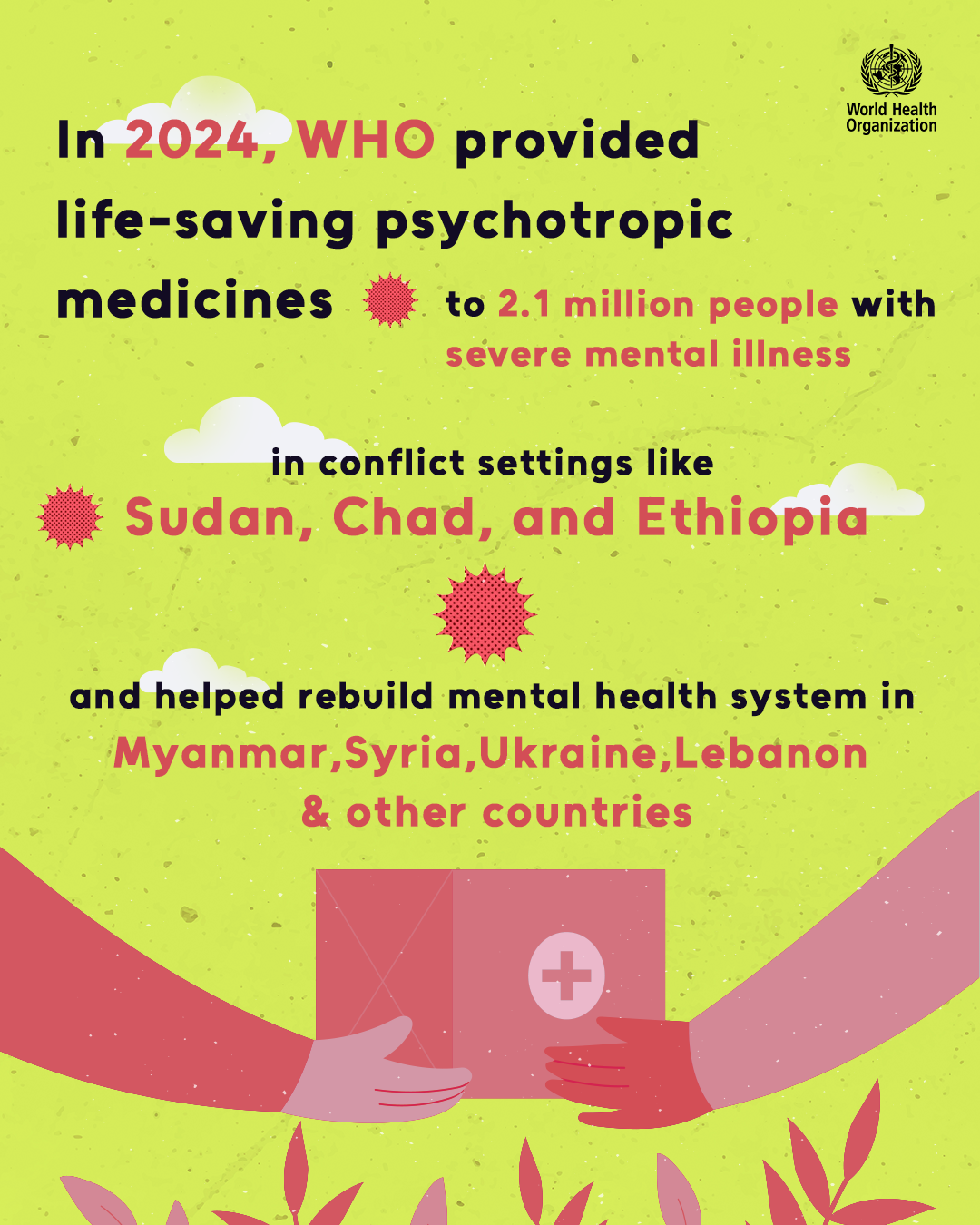
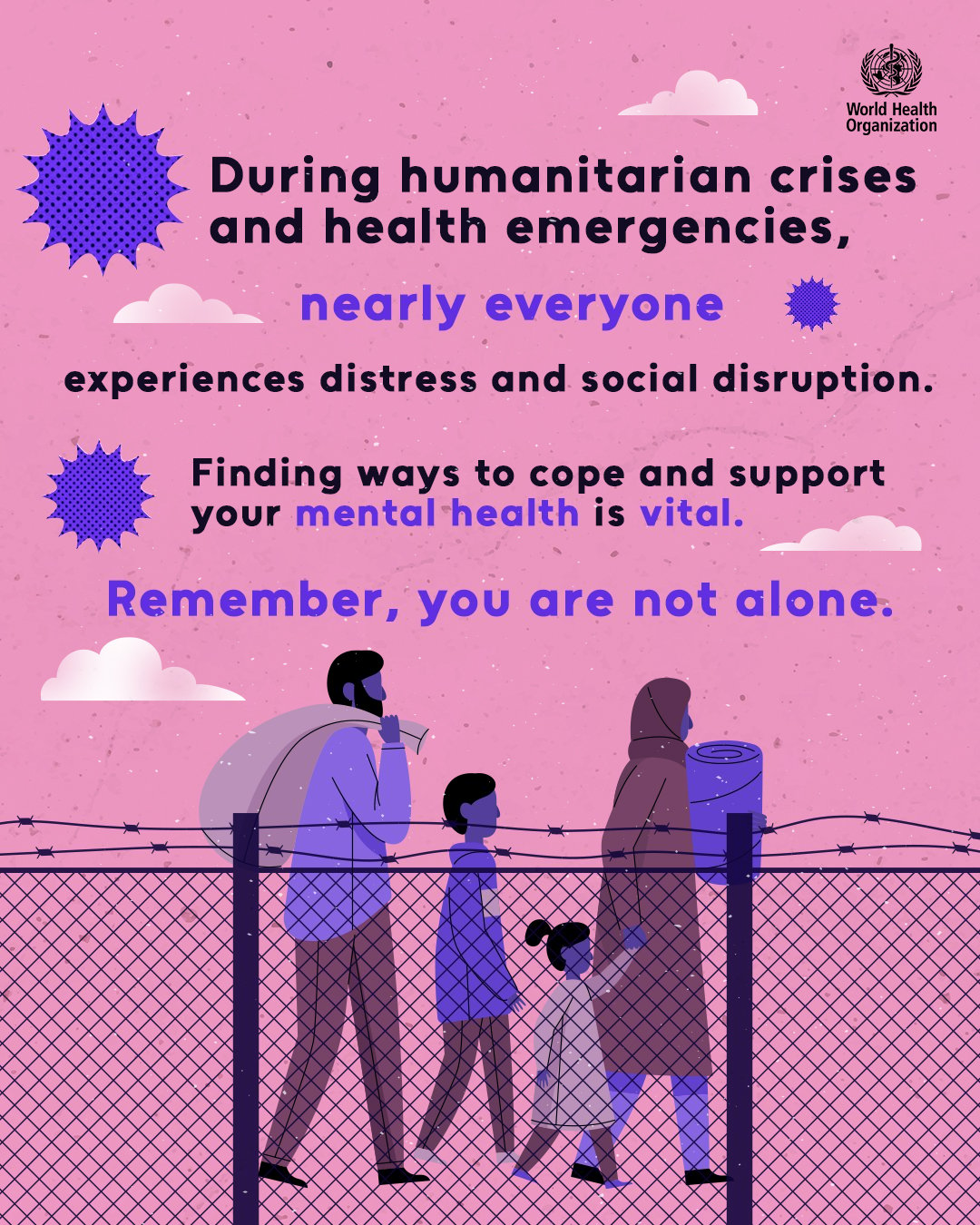
/mental-health-and-substance-use-(msd)/mental-health-(mhe)/ethiopia-emergencies-preparedness_mh-and-psychosocial-support.tmb-549v.jpg?sfvrsn=dc92ae93_1)

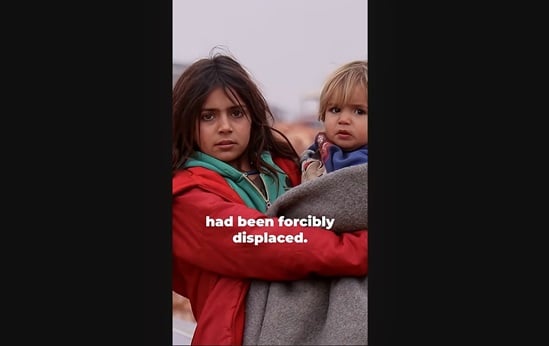
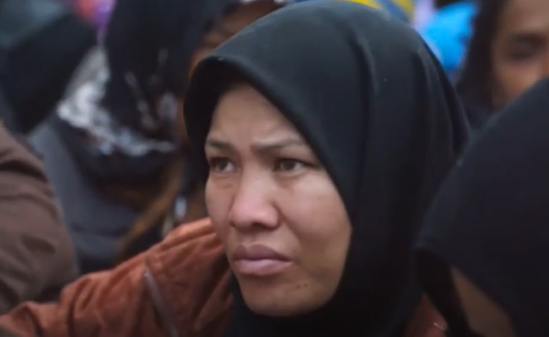


/featured/mental-health-teams-greeted-warmly-by-the-community-in-kaduwella-colombo-(2).jpg?sfvrsn=a9663f92_2)